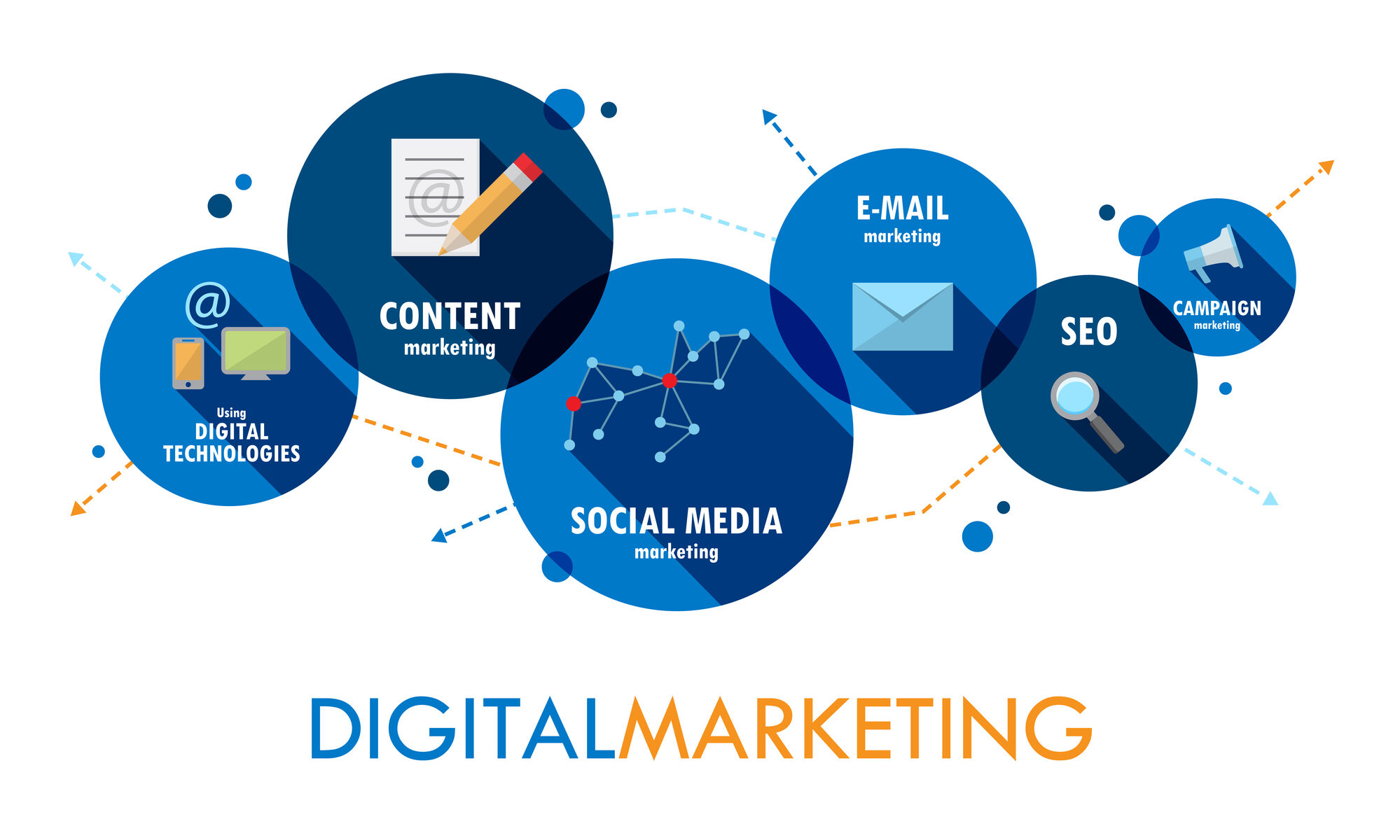When you’re trying to grow your eCommerce business, advertising your brand is essential. Paid advertising provides a highly effective way to reach a wide audience through social media, websites, search engines, and other online platforms.
Keep in mind that as your business grows, you should consider partnering with a fulfillment warehouse to ensure prompt and efficient order fulfillment. While searching for the right fulfillment partner, follow these tips on making the most of paid advertising.
Explore Different Types of Paid Advertising
You might find that one type works better for you, or you might find success from using multiple types. Becoming familiar with all of your options can help you choose the right ones for reaching your targeted audience. Different types of paid advertising include paid search, paid social, native advertising, podcast advertising, and print ads.
Consider Your Marketing Funnel When Targeting Users
You’ll want to think about the search intent of users. For example, top-of-funnel searches typically include reviews or the best places to buy a product. For these, you’ll need to have the right keywords to target users. Middle-of-funnel searches, such as comparing different brands or products, typically require different keywords.
Boost Organic Posts on Social Media
When using paid advertising on Facebook or other social media platforms, you’ll want to boost existing posts. This allows you to reach a wider audience using video ads, image ads, carousel ads, or other types of ads.
Use Best Practices for Native Ads
These are ads that blend in more on websites compared to display banners. Create landing pages, offer clear messaging, and come up with eye-catching headlines to grab users’ attention.
Partnering with a fulfillment warehouse is a smart step to take while growing your eCommerce business. Contact Medallion Fulfillment and Logistics to learn more about services.





